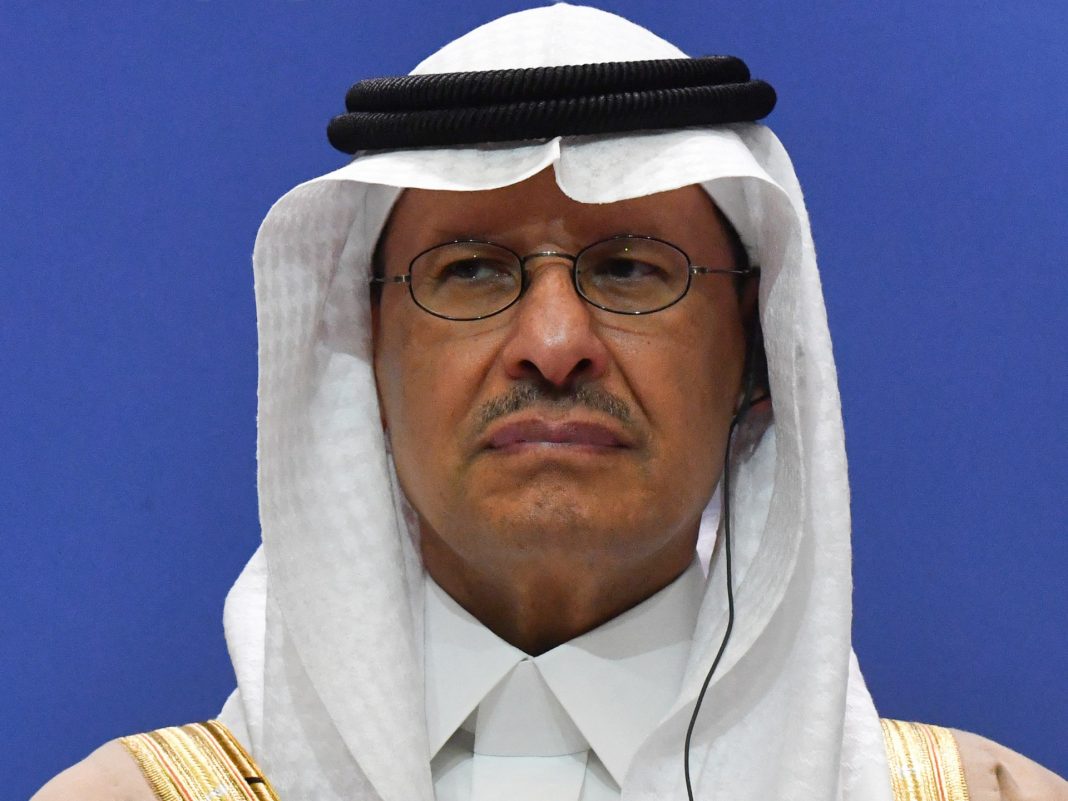Energy Minister Prince Abdulaziz bin Salman Al Saud told a conference in Dhahran on Monday that the move is part of a strategy to monetise all minerals, according to Reuters news agency.
“We will enrich it and we will sell it and we will do a ‘yellowcake’,” he said, referring to a powdered concentrate used to prepare uranium fuel for nuclear reactors. It requires safe handling although it poses few radiation risks.
Saudi Arabia is developing a fledgling nuclear programme and has plans to expand it to include uranium enrichment – a sensitive issue due to its potential link to nuclear weapons. Riyadh insists it aims to use nuclear power to diversify its energy mix.
However, it is unclear where Saudi nuclear ambitions might end.
In 2018, Crown Prince Mohammed bin Salman stated the kingdom would develop nuclear weapons if regional rival Iran did so. Two years later, the kingdom’s minister of state for foreign affairs reiterated that call.
The kingdom announced last year it planned to scrap oversight of its nuclear facilities by the United Nations atomic watchdog and switch to regular safeguards by the end of 2024.
Riyadh has yet to fire up its first nuclear reactor, which allows its programme to still be monitored under the Small Quantities Protocol (SQP), an agreement with the International Atomic Energy Agency that exempts less advanced states from many reporting obligations and inspections.
Fellow Persian Gulf state the United Arab Emirates (UAE) is home to the Arab world’s first multi-unit operating nuclear energy plant. The UAE has pledged not to enrich uranium itself and not to reprocess spent fuel.
Tehran has repeatedly declared that its nuclear program remains purely peaceful as always and that the Islamic Republic had no intention of developing nuclear weapons as a matter of an Islamic and state principal.
Leader of the Islamic Revolution Ayatollah Seyyed Ali Khamenei issued an official fatwa (religious decree) clearly establishing that any form of acquisition, development, and use of nuclear weapons violate Islamic principles and are therefore forbidden.
In 2015, Iran proved the peaceful nature of its nuclear program to the world by signing the Joint Comprehensive Plan of Action (JCPOA) with six world powers.
However, Washington’s unilateral withdrawal from the agreement in 2018 and its subsequent re-imposition of sanctions against Tehran left the future of the deal in limbo.
